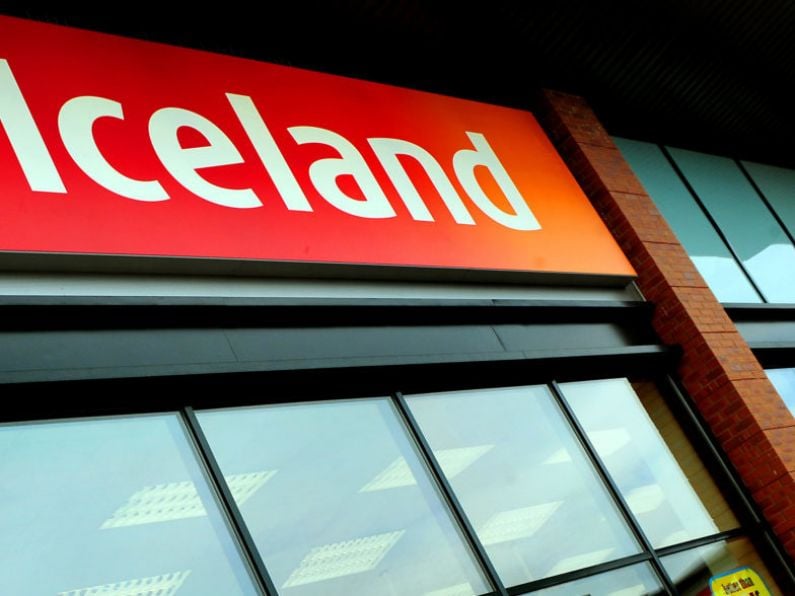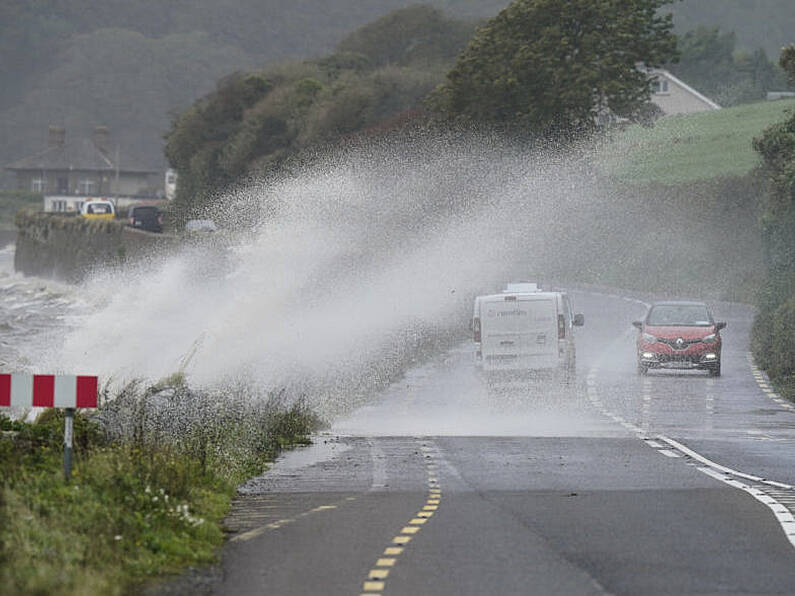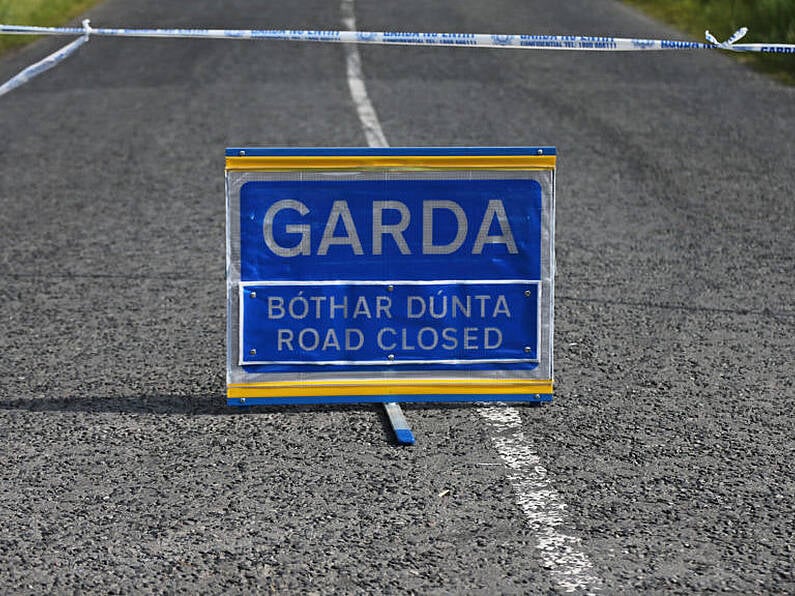A number of Irish retail stores in the Iceland chain will not reopen, which will affect a “large number” of employees, the High Court has heard.
An examiner appointed by the court to Metron Stores Limited, which operates the Irish stores, reported that about 160 employees have been temporarily laid off, while 12 of the 26 Irish stores have temporarily closed.
“All efforts” will be made to retain staff members, the examiner’s barrister, Stephen Brady, told the court on Friday.
The company is following statutory steps and it is likely a collective redundancy process will begin in the coming days involving engagement with employees and unions, the court heard.
Joe Walsh, of JW Accountants, was appointed an interim examiner to Metron in June when the court was told the company was insolvent and unable to pay debts of about €36 million as they fall due.
Among the company’s difficulties was a Food Safety Authority of Ireland (FSAI) order requiring it to withdraw from its Irish stores all frozen food of animal origin imported since March 3rd of this year. Metron has also suffered significant losses in the past two years due to a high-cost base.
On Friday, the examiner’s barrister, Stephen Brady, said a preferred investor has been selected and, if finalised, the investment will bring significant working capital, protect employment and ensure sustainability.
Cash flow has been carefully managed while the company remains under the protection of the courts.
Outlining Mr Walsh’s report, Mr Brady said four stores were temporarily closed around the time of the examiner’s appointment, while it was necessary to temporarily close a further eight “loss-making” outlets since then.
Employees at these 12 stores, located in counties Dublin, Cork, Wexford, Donegal, Roscommon, Tipperary and Longford, have been placed on temporary lay-off.
It is now clear that certain stores will be closed permanently, he added.
Mr Brady said the company has made good progress in dealing with various issues arising from the FSAI’s intervention and ongoing investigation.
EU regulations
Previously the court was told the alleged breaches concerned the importation of the products from the UK into Ireland. The products’ veterinary certificates came from the UK but needed certificates from within the EU to comply with EU regulations.
The firm was the subject of an FSAI withdrawal notice and has been required to destroy food valued at €360,000 and will need to destroy another food consignment worth €252,000, the court heard. Efforts were made to return the relevant food items to Britain to avoid good food from being destroyed, but this was not possible, the examiner reported.
Mr Brady also told the court the examiner’s office has received about 100 claims from employees regarding potential amounts owed to them.
At the examiner’s request, Mr Justice Michael Quinn extended by one month the period under which the company is protected from its creditors. Noting significant changes were afoot, he said the proposed investment was of “critical importance”.
There was no objection from the company’s creditors. Iceland UK’s counsel Shelley Horan said her client has significant assets, including freezers, at many of the Irish stores. She stressed that her client has complied with all of its regulatory controls, while the Irish entity is responsible for its own compliance.
The case was adjourned to a date next month.
By High Court reporters






